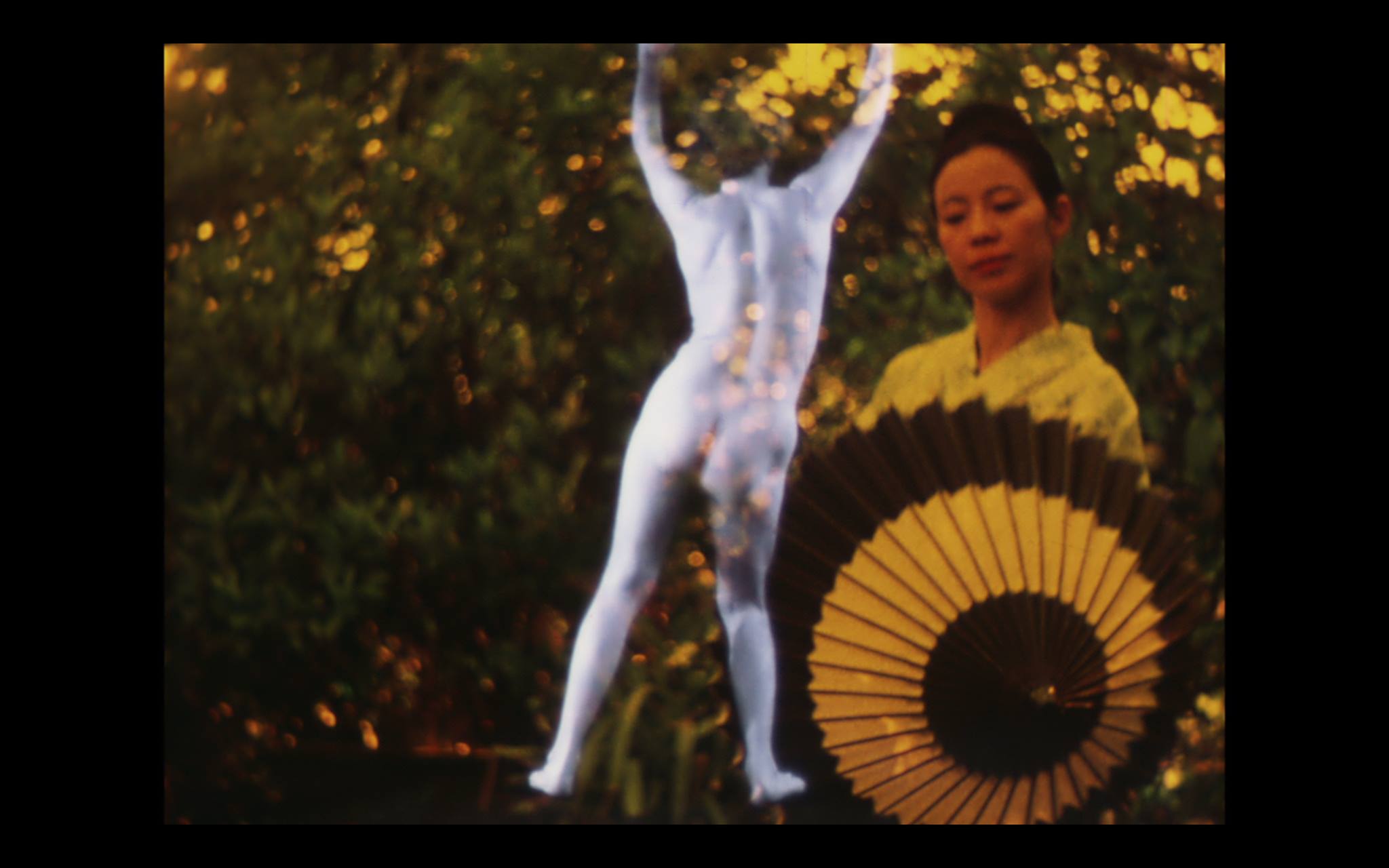Women Directors in Japanese Experimental Film
Community College of Philadelphia 1700 Spring Garden St, PhiladelphiaCollaborative Cataloging Japan is pleased to present works by two pioneering female Japanese video artists. Mako Idemitsu and Shigeko Kubota share common grounds as artists who relocated to the U.S. in the 1960s' Idemitsu to California, and Kubota to New York. The 70-minute screening program is followed by discussions with Dr. Midori Yoshimoto, Associate Professor and Gallery Director at New Jersey City University. The screening is organized by Ann Adachi-Tasch of Collaborative Cataloging Japan. MAKO IDEMITSU Born in a patriarchal family in Japan, Mako Idemitsu grew up surrounded by dismissive attitudes against women. After having two children in California with artist Sam Francis, Idemitsu took up Super 8 film camera to explore her inner struggle and identity as a woman, wife, daughter, mother, and a foreigner looking for a home abroad. The 1972 Woman"s House is a document of her visit to Judy Chicago and Miriam Schapiro's Womanhouse, a feminist art installation and performance space."In the same year Idemitsu made Inner-Man,"her first work featuring a Jungian inner persona, a theme and style she continues to explore."In the work, Idemitsu overlays images of a naked man over a woman in kimono, suggesting the inner man in a woman. A beautiful picture of her lonely sentiments of living abroad, Santa Monica 3"(1974) shines light on Idemitsu's filmic lyricism. Having switched from film to video, Emotional Volatility about My Father (1983) illustrates her tangled relationship with her father, who had disowned her when she chose to remain in California. The last piece in the Idemitsu program, Great Mother (SACHIKO) (1985) is a typical representation of what is known as "Mako-style" in which the physical monitor placed in the shot represents a psychological other that inflicts internal conflict within the protagonist. SHIGEKO KUBOTA Taking up the Sony Portapak video camera in 1967, Kubota began documenting her encounters with artists and her travels, a practice she continued throughout her carrier. Video Girls and Video Songs for Navajo Sky (1973) is one of her video diaries that came out of a month-long residence with a Navajo family in Arizona. A prominent member of Fluxus, Kubota's reason for moving to New York was her connection with George Maciunas, a founding member of the Fluxus movement in early 1960s. George Maciunas With Two Eyes 1972, George Maciunas With One Eye 1976 (1994) is a portrait of the early 1970s New York SoHo art scene. Another trait of Kubota's video works is using the creative process as a way of healing. My Father (1973-75) and SoHo SoAp/Rain Damage (1985) are examples of allowing the documentation of tragic life occurrences to transform emotions into remembrances and settling. Facebook Event Page


